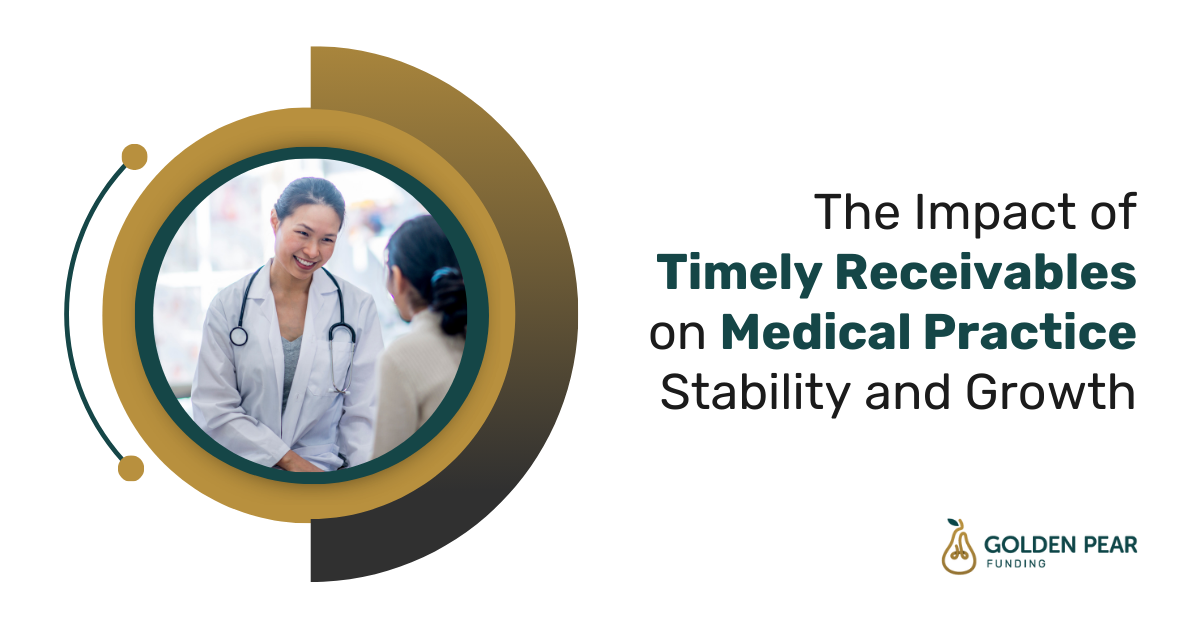The Impact of Timely Receivables on Medical Practice Stability and Growth

In the competitive and fast-paced world of healthcare, managing a medical practice's financial health is as crucial as providing top-notch medical care. Especially for practices handling personal injury cases, where payment timelines can be unpredictable, effective management of accounts receivable (AR) becomes a pivotal aspect of business operations.
This article explores the critical role that efficient receivables management plays in maintaining financial stability and supporting the growth of medical practices.
The Importance of Timely Receivables
Accounts receivable—the money owed to a practice for services provided but not yet paid for—is a fundamental component of a practice's financial health. Efficient AR management ensures that cash flow remains steady, which is crucial for covering operating expenses and making strategic investments.
Timely collection of receivables ensures that practices have the necessary funds when needed, preventing the common pitfall of cash flow interruptions that can stifle growth and lead to financial instability.
Challenges in Managing Receivables for Personal Injury Cases
Personal injury cases present unique challenges in receivables management. Payment can depend on the settlement of claims, which may take months or even years. These delays are often compounded by negotiations with insurance companies or legal proceedings, which can further extend the payment cycle. Such delays can strain the financial resources of a medical practice, making it difficult to plan and budget effectively.
Strategies for Improving Receivables Management
- Automation of Billing Processes: Implementing automated billing systems can reduce errors, speed up the billing process, and shorten the payment cycle.
- Employing Dedicated Billing Specialists: Having skilled professionals who understand the intricacies of insurance claims and legal processes involved in personal injury cases can improve collections efficiency.
- Advanced Software Solutions: Utilizing specialized medical billing software that can handle complex billing scenarios typical of personal injury cases can help track receivables more effectively.
- Clear Communication: Establishing clear lines of communication with patients and their legal representatives can help ensure that everyone understands their financial responsibilities and the timeline for payments.
Looking to optimize your medical practice’s financial operations?
Efficient management of accounts receivable is not just about preventing financial issues; it's about setting a foundation for future growth and stability in a medical practice. By adopting strategic measures to improve AR processes, medical providers can mitigate the challenges posed by delayed payments, particularly in personal injury cases.
Contact Golden Pear Funding to learn how our tailored solutions can enhance your receivables management and support your practice’s growth. Visit our website or reach out to our expert team today!

.png)
.png)